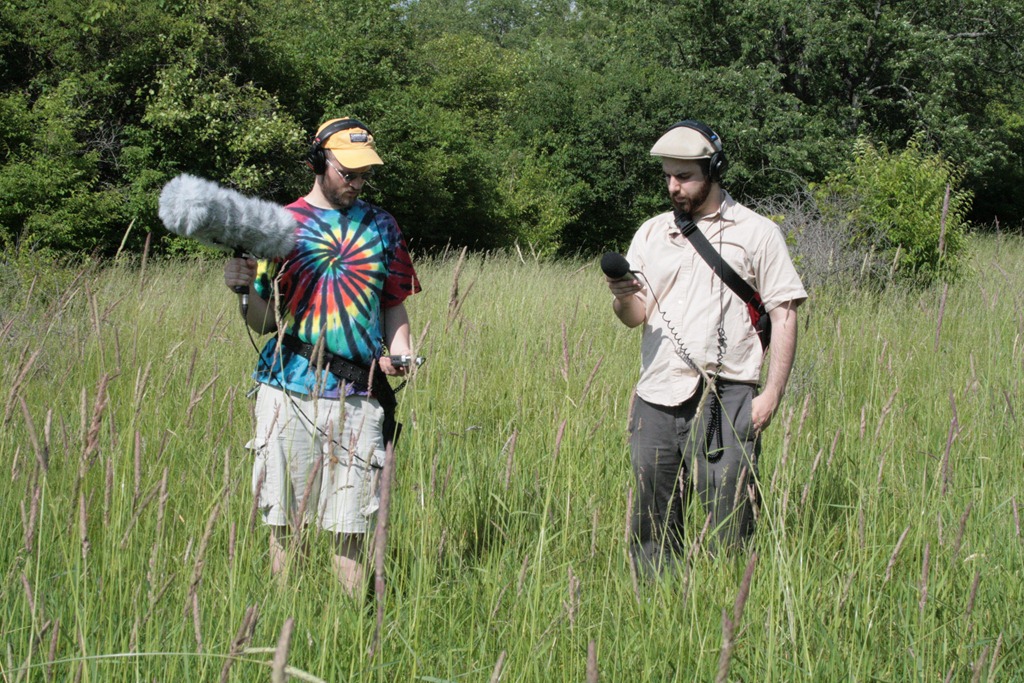[A version of this article first appeared as a post on my blog From the Front of the Choir]
There are people out there desperate to find more songs for their choir.

They record everything at singing workshops, go to song swap sessions at every opportunity, exchange songs over the internet, and pester workshop leaders for their arrangements.
They can’t ever get enough! It almost becomes an obsession to capture songs in any way they can.
They don’t seem to mind where they come from, aren’t too bothered if they are published arrangements which should be paid for or what the source or context of the song is or what the meaning of the song might be.
They take everything at face value: “It’s from the Torres Straits Islands”, “It’s about mothers”, “It’s usually sung at weddings”, “It’s from ‘Africa’”.
They move the notes around to suit their needs (turning a song into a round, simplifying the melody, adding harmonies willy nilly). They don’t credit their sources when they teach the songs.
It’s lazy research, bad musicianship, exploitative, unprofessional and disrespectful.
Songs aren’t just “out there” to be picked like wild flowers. They have been created by a particular person at a particular time in a particular place and cultural context (see Even if it’s a folk song, somebody wrote it).
It is important that we treat the songs we collect with respect and make every effort to credit the source and explain the context and meaning of the song to our best ability.
Don’t take anything at face value. Try to track down information about a song from at least three different sources. The closer to the original source of the song the better.
If you find identical background notes each time you come across a song (especially on the internet), then there’s a good chance that someone has just copied and pasted information that they’ve not verified.
The dangers of not doing this are that you could be accused of:
When you start your first choir it’s important to have enough song material to get you going.
I was as guilty as anyone else of rushing around and collecting every song in sight, regardless of where it came from. But after a while I actually started to listen in workshops (instead of recording and desperately writing down lyrics) and paying attention when listening to recordings (instead of figuring out how I could use the songs in my choir).
I soon discovered that this was a much richer experience. I also managed to uncover a treasure trove of new songs without really having to look. I honed my research skills and managed to find out even more about the origins of songs, their pronunciation and meaning, the ways in which they could be sung, their cultural context, etc.
Of course, being an aural/ oral tradition, many songs get changed by Chinese whispers as they’re passed around. We also don’t want to fix living, changing things in aspic, especially songs from those traditions where harmonies are made up spontaneously. And there is nothing wrong with updating or re-arranging an old folk song in a fresh way.
But sensitivity, awareness and good sense is needed.
Just because a song is “out there”, don’t assume you have permission to use it or change it, and don’t accept at face value any information that comes with it. Double check your sources.
Happy song hunting!
Chris Rowbury
website: chrisrowbury.com
blog: blog.chrisrowbury.com
Facebook: Facebook.com/ChrisRowbury
Twitter: Twitter.com/ChrisRowbury
Monthly Music Roundup: Tinyletter.com/ChrisRowbury